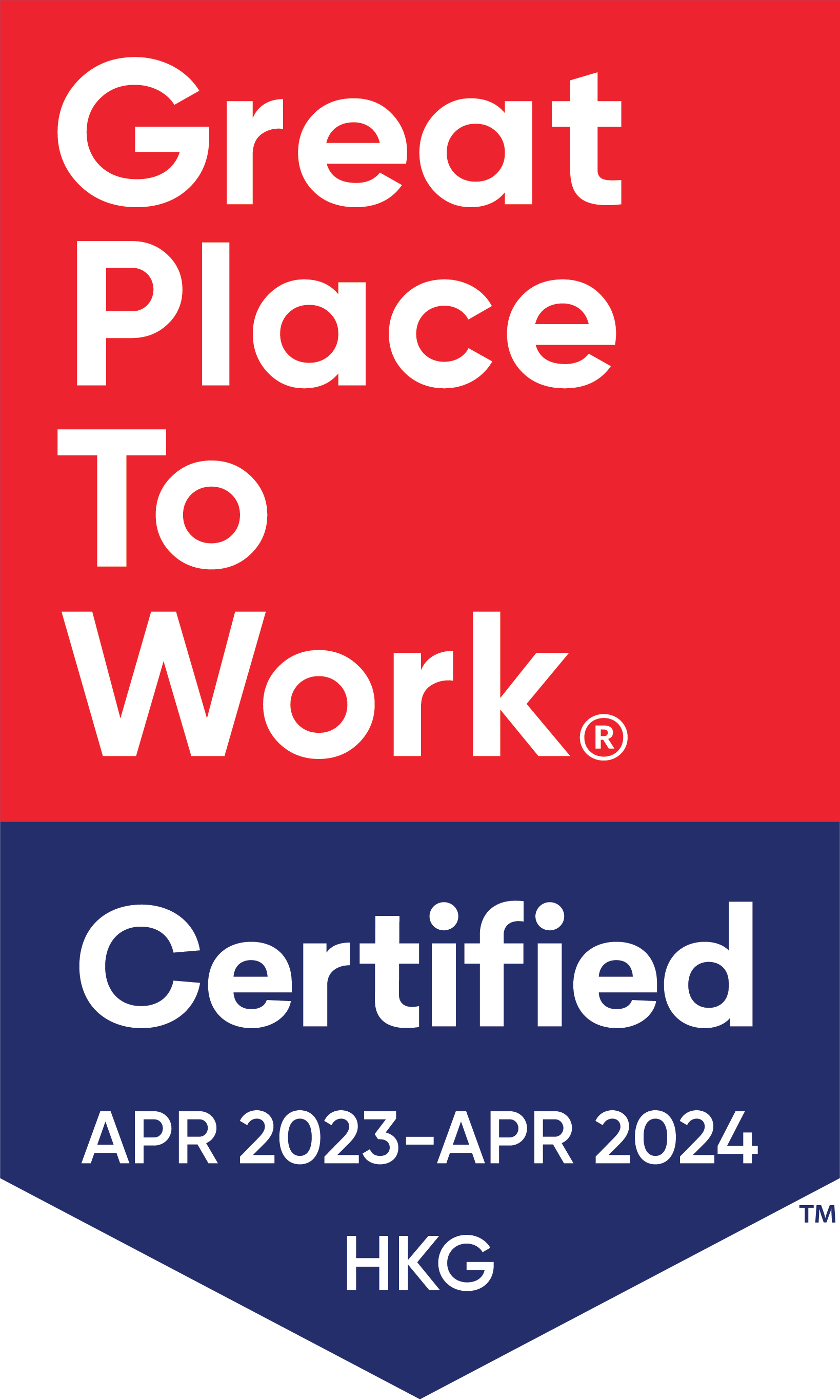April 14, 2025
As an ESG recruiter, a common question I hear is: “Do I really need a sustainability certification—and if so, which one?” The answer isn’t one-size-fits-all. While experience remains paramount, the right certification can accelerate your career, bridge knowledge gaps, and signal expertise in this rapidly evolving field. In this edition, we break down the why, who, and how of ESG certifications—from globally recognised credentials to specialised courses—to help you navigate the options and invest in the right one for your goals. Why Take an ESG Course and Certification? In today’s business world, ESG expertise isn’t just valuable—it’s becoming essential. Whether you’re looking to deepen your impact in your current role or transition into sustainability-focused work, an ESG certification offers more than knowledge: it provides tangible proof of your commitment and skills. These programmes help you master the frameworks, tools, and language needed to turn principles into action—from analysing ESG risks to designing strategies that align profit with purpose. For career changers, certifications provide a structured way to build credibility in the field. They signal to employers that you’re not just interested in sustainability, but serious about applying it in real-world business decisions. For seasoned professionals, certifications offer a way to validate experience, stay ahead of regulations, and lead initiatives with confidence. Ultimately, ESG training is about more than adding a credential—it’s about equipping yourself with the mindset and tools to drive meaningful change in an evolving corporate landscape. That said, ESG certification and knowledge are not a substitute for work experience within the industry; they are a supplement, not a replacement. Who Should Consider ESG Certification? ESG certifications are ideal for professionals across various sectors who want to lead sustainability initiatives and make informed investment decisions. This includes business leaders, investors, and anyone looking to enhance their professional reputation and career prospects by demonstrating a commitment to responsible practices. Whether you aim to meet stakeholder expectations or position yourself as a leader, an ESG certification provides a structured and recognised pathway to achieve these goals. How Should You Choose the Right Certification and Course for You? Choosing the right ESG (Environmental, Social, and Governance) certification is a crucial step that can greatly impact your career in sustainable development and ethical business practices. Personal and Professional Goals Before diving into the various ESG certifications, reflect on your personal and professional goals. Are you aiming to enhance company performance through sustainable practices, or do you want to integrate ESG risks and opportunities into investment portfolios? Knowing your objectives will help you choose the certification that aligns with your career path and interests. Additionally, consider your current level of ESG knowledge and skills. Are you looking to learn the basics, deepen your expertise in a specific area, or update your knowledge while networking with peers? Having a clear idea of what you want to achieve will guide you in selecting the right ESG training programme. Relevance to Each Industry When choosing an ESG certification, consider how it fits with your current industry or the one you aim to enter. For finance professionals, certifications focusing on ESG risks and investment strategies are often more relevant. In contrast, those in corporate roles may benefit more from certifications centred on sustainable development and social responsibility. For example, a financial analyst might find the CFA Institute's ESG Investing Certificate useful, while a corporate sustainability manager might prefer the Global Reporting Initiative (GRI) Standards Certification. Selecting a certification that aligns with your industry ensures that the skills and knowledge you gain are directly applicable to your professional context. Continuous Learning Resources The ESG field is dynamic and constantly evolving. Therefore, it's important to choose a certification that offers ongoing educational opportunities and resources. Look for programmes that provide access to updated materials, discussion forums, and networking opportunities with other professionals in the field. For instance, some certifications include memberships to professional organisations that offer continuous education and networking events. This can help you stay informed about the latest trends and best practices in ESG, ensuring that your knowledge remains current and relevant. Evaluating Cost, Time, and Mode of Instruction When choosing an ESG certification, consider both the cost and the time commitment involved. Ensure that the investment fits within your personal and professional circumstances. Some certifications may offer flexible learning paths or part-time options, which can be particularly advantageous for working professionals. Additionally, consider your preferred learning style—do you prefer pre-recorded modules, live instruction, or exam-based certifications?






